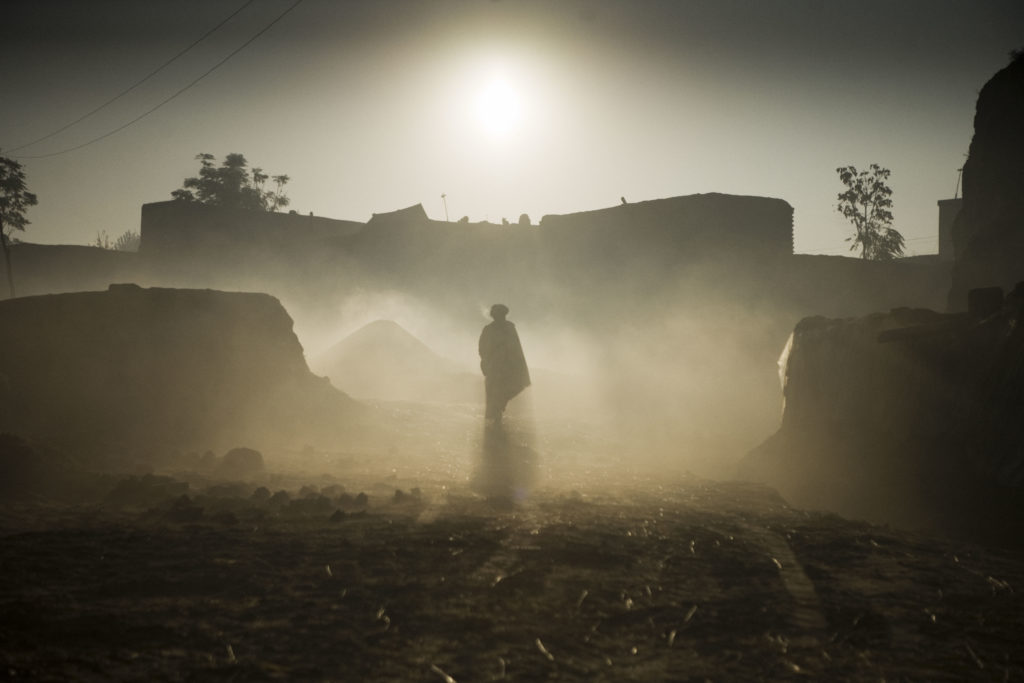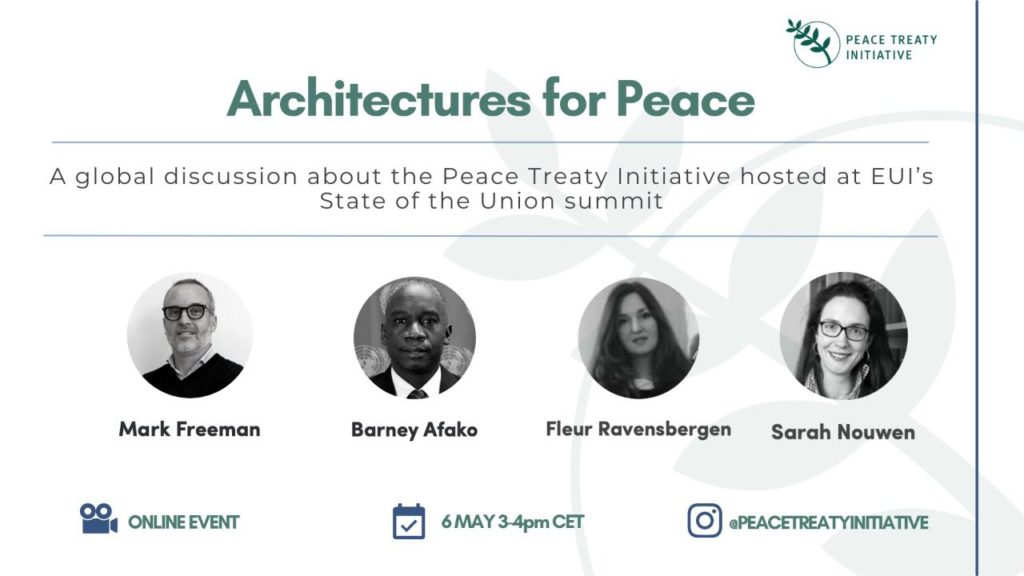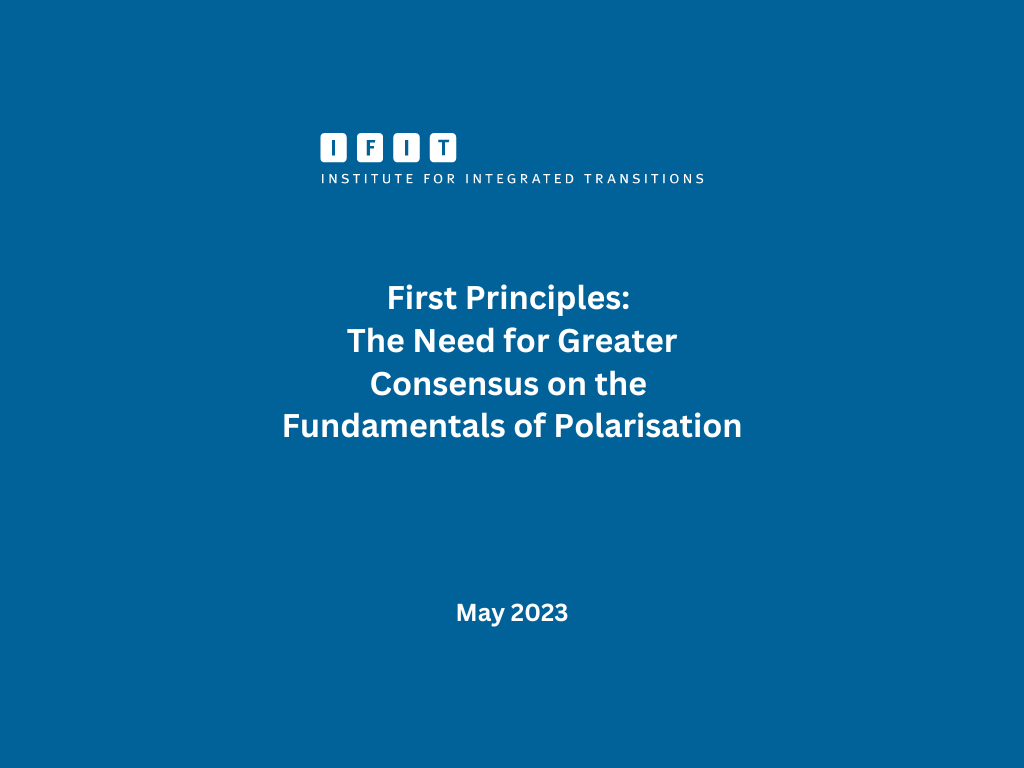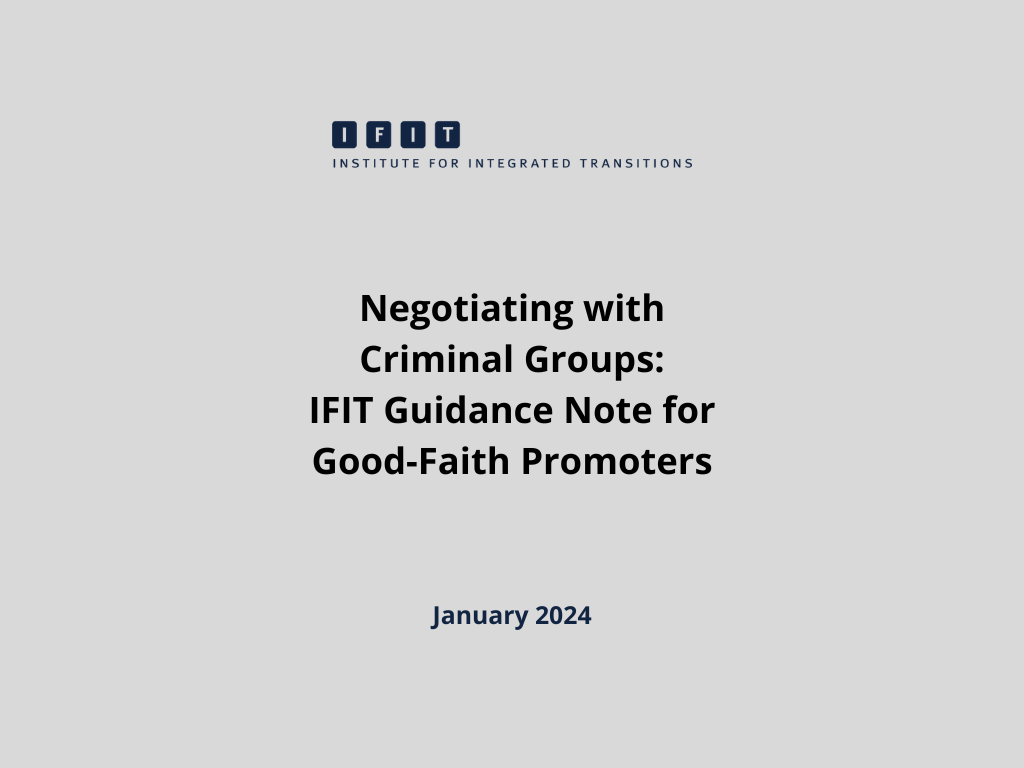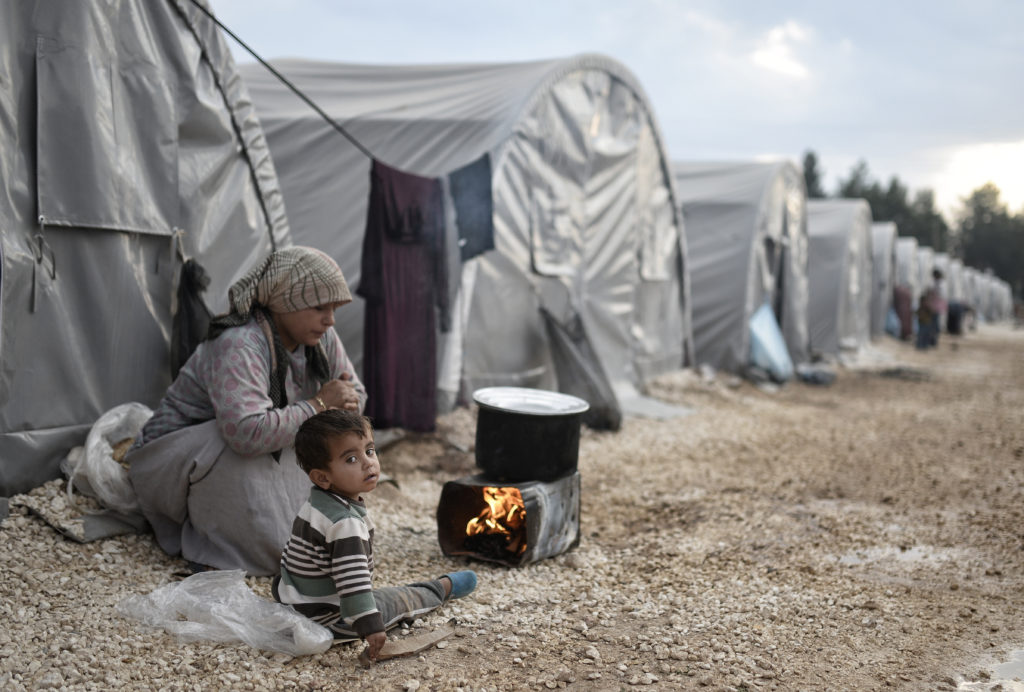Expert Team: Global Initiative on Polarization
Barney Afako is a Ugandan lawyer with vast experience in conflict mediation. In June 2018, he was selected as the inaugural IFIT Alex Boraine Fellow: a fellowship established in honour of IFIT’s first Board president, Dr Boraine, who passed away in 2018.
Afako has worked in the fields of human rights, refugee law, criminal justice and transition issues in several countries. He is a part-time tribunal judge in the United Kingdom and he spent several years as a member of the UN Mediation Support Unit Standby Team.
Between 2006 and 2008, Afako was the Chief Legal Advisor to the Southern Sudanese mediation in the Juba Peace Talks between the Government of Uganda and the Lord’s Resistance Army. In that capacity, he developed and drafted the Final Peace Agreement, with particular responsibility for the Agreement on Reconciliation and Accountability. These were the first efforts where transitional justice issues were addressed in a context in which the International Criminal Court was already active.
In 2009, he advised the African Union Panel on Darfur (AUPD), chaired by former South African president, Thabo Mbeki, and was responsible for drafting the justice recommendations of the AUPD’s report. From 2010, he has been an adviser to the African Union High Level Implementation Panel on Sudan and South Sudan, which was responsible for facilitating negotiations between Sudan and South Sudan on secession issues and continues to work with both states on a range of issues.
Afako has provided advice to other peace processes on addressing the past. In Uganda, he has advised the Government and particularly the Amnesty Commission on issues of peacebuilding and reconciliation.
He is the author of several publications on justice and peace issues. He is a regular commentator in the international media – including print, radio and television – on political and international justice developments in Africa.
You may also be interested in
Thomas Carothers is the senior vice president for studies at the Carnegie Endowment for International Peace. In that capacity, he oversees all of the research programs at Carnegie. He also co-directs the Democracy, Conflict, and Governance Program and carries out research and writing on democracy-related issues.
Carothers is a leading authority on international support for democracy, human rights, governance, the rule of law, and civil society. He has worked on democracy assistance projects for many organizations and carried out extensive field research on aid efforts around the world.
He is the author or editor of ten critically acclaimed books and many articles in prominent journals and newspapers, including most recently, Democracies Divided: The Global Challenge of Political Polarization (Brookings Press, 2019, co-edited with Andrew O’Donohue). He has been a visiting faculty member at the Central European University in Budapest, Nuffield College, Oxford University, and Johns Hopkins SAIS.
Prior to joining the Endowment, Carothers practised international and financial law at Arnold & Porter and served as an attorney-adviser in the office of the legal adviser of the U.S. Department of State.
You may also be interested in
Noha El-Mikawy is Professor of Practice in the Public Policy and Administration Department, and Dean of the School of Global Affairs and Public Policy at The American University in Cairo (AUC). She has a bachelor’s degree in political science from AUC, and holds a master’s degree in comparative politics and international relations and a PhD in comparative politics from the University of California, Los Angeles (UCLA).
Previously, El-Mikawy served as the regional director of the Ford Foundation for the Middle East and North Africa. Her tenure at Ford helped create university partnerships between the region and North and Central America, the UK, India, and South Africa, as well as helped provide institutional support to various universities and think tanks in the Arab region, including AUB, AUC, Cairo University and the Arab Council for Social Sciences. She previously worked with UNDP’s Bureau of Development Policy and Regional Bureau of Arab States as the regional policy advisor, providing technical advice on governance programs of UNDP offices across the Arab region. In addition to being a policy practitioner, El-Mikawy’s academic background includes research development and management at the Center for Development Research at the University of Bonn, Germany, as well as teaching at UCLA, AUC, the Free University of Berlin and the University of Elangen. She has published two books on Egypt with AUC press and several articles and book chapters on governance and institutional reform in Egypt and the Arab region, including with Oxford and Cambridge University Press.
You may also be interested in
Mark Freeman is the Founder and Executive Director of the Institute for Integrated Transitions (IFIT), a non-governmental organisation that recently celebrated its tenth anniversary as a global peacebuilding innovator.
A leading expert in political transitions and high-level peace negotiations with more than 30 years of experience, Mr Freeman is regularly consulted for advice on crisis management and conflict resolution. He has worked in countries including Ukraine, Venezuela, Colombia, Afghanistan, Bolivia, Bosnia, Burundi, DRC, The Gambia, El Salvador, Kenya, Mauritania, Morocco, Nepal, Serbia, Sri Lanka, Syria, Tunisia, Turkey, and Zimbabwe.
Prior to founding IFIT, Mr. Freeman was Chief of External Relations and a member of the Senior Management Team at the International Crisis Group, a leading global conflict prevention organisation. He also helped launch the International Center for Transitional Justice and served as its first Director of International Affairs. Earlier in his career he worked at the UN Office of the High Commissioner for Human Rights in New York and as a corporate lawyer in Toronto.
A widely recognised thought leader in international law and human rights, Mr. Freeman is the co-author of Negotiating Transitional Justice (Cambridge, 2020), which draws upon his years as an adviser inside the Colombian peace talks in Havana. He is also the author of Necessary Evils: Amnesties and the Search for Justice (Cambridge, 2010) and Truth Commissions and Procedural Fairness (Cambridge, 2006), and the co-author of International Human Rights Law: Essentials of Canadian Law (Irwin Law, 2004).
Mr. Freeman holds a Bachelor of Arts from McGill University, a Juris Doctor from the University of Ottawa Faculty of Law, and a Master of Laws from Columbia Law School where he was a Human Rights Fellow and James Kent Scholar. He has been a Lecturer-in-Law at KU Leuven and the University of Ottawa, and a Visiting Professor at Queen’s University Faculty of Law.
Mr. Freeman is a member of the International Panel of Experts of the International Commission on Missing Persons and an Advisor to the Schmidt Futures International Strategy Forum. A Canadian and Belgian citizen, Mr. Freeman speaks English, French, Spanish, Italian and Catalan.
You may also be interested in
Martha Maya is a Senior Associate and Head of Latin America Projects at the Institute for Integrated Transitions.
Martha holds LL.M and MSc (Economics) degrees from the University of Bologna, and undergraduate and postgraduate degrees in public law, public management, policy and institutions from the Universidad de Los Andes. She specialises in political participation and citizenship, constitutional law, and international law.
During the past ten years, Martha has worked extensively in different areas of public policy. Among other things, she supported the peace process between the Government of Colombia and the FARC, including as chief of staff of the Minister of the Interior and subsequently as chief of staff of the High Commissioner for Peace, where she served as the official liaison in Havana on the issue of political participation. She has also worked with different international organisations, including the International Organization for Migration.
Working languages: Spanish, English, and French
You may also be interested in

